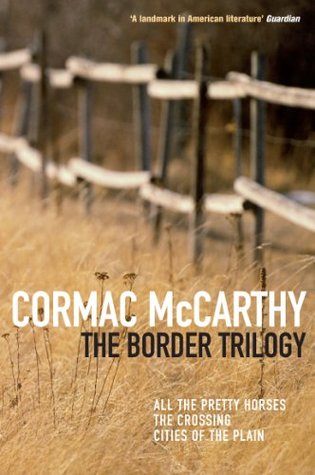What do you think?
Rate this book


1037 pages, Paperback
First published January 1, 1998
«Мир не имеет имени, — сказал он. — Названия холмов и горных кряжей, пустынь и рек существуют только на картах. Мы их выдумали, чтобы не сбиваться с пути. Но сделать это нам пришлось по той причине, что с пути-то мы уже сбились. Мир нельзя потерять. Каждый из нас — это мир. Однако вследствие того, что эти названия и координаты придумали мы сами, они не могут спасти нас. Они не могут за нас найти верный путь.»